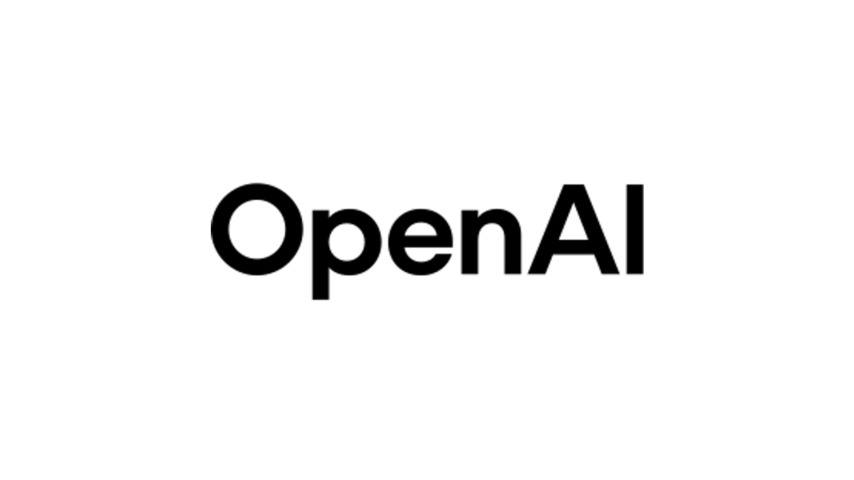“OpenAI seeks to move fast and break things on the assumption that the federal courts will not be able to effectively redress content owners’ sometimes existential concerns before it is too late,” the lawsuit reads (via Reuters). “OpenAI has intentionally and relentlessly reproduced exact copies and created derivatives of Ziff Davis Works without Ziff Davis’s authorization. … OpenAI has taken each of these steps knowing that they violate Ziff Davis’s intellectual property rights and the law.” The suit reportedly seeks hundreds of millions of dollars in damages.
OpenAI and other AI companies have faced copyright challenges from various sectors, including record labels, authors, and The New York Times. These companies have pushed back on the issue by claiming fair use and that when AI sublimates other content, the generated result is transformative. A spokesperson for AI responded to the Ziff Davis lawsuit saying that its AI models “empower innovation, and are trained on publicly available data and grounded in fair use.” The statement asserted that “ChatGPT helps enhance human creativity, advance scientific discovery and medical research, and enable hundreds of millions of people to improve their daily lives.” Some outlets are buying into this way of thinking and pursuing partnerships with AI companies, including The Post, News Corp (which owns The Wall Street Journal), and The Financial Times.
A source for Ziff Davis told the Times that executives at the publisher have been “considering for months which path to take,” and hope that with the decision to sue, other publishers will follow that example.










![HBO teases new Euphoria, Larry David, and much more in 2026 sizzle reel [Updated]](https://img.pastemagazine.com/wp-content/avuploads/2025/12/12100344/MixCollage-12-Dec-2025-09-56-AM-9137.jpg)






























